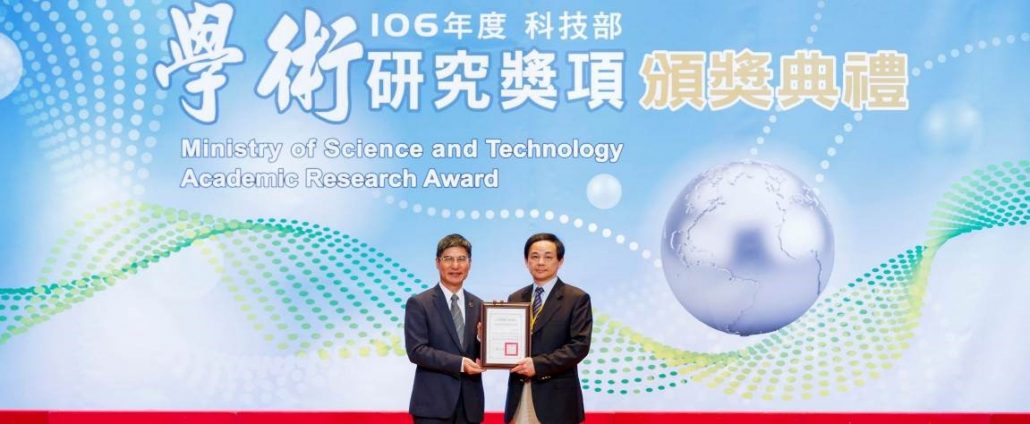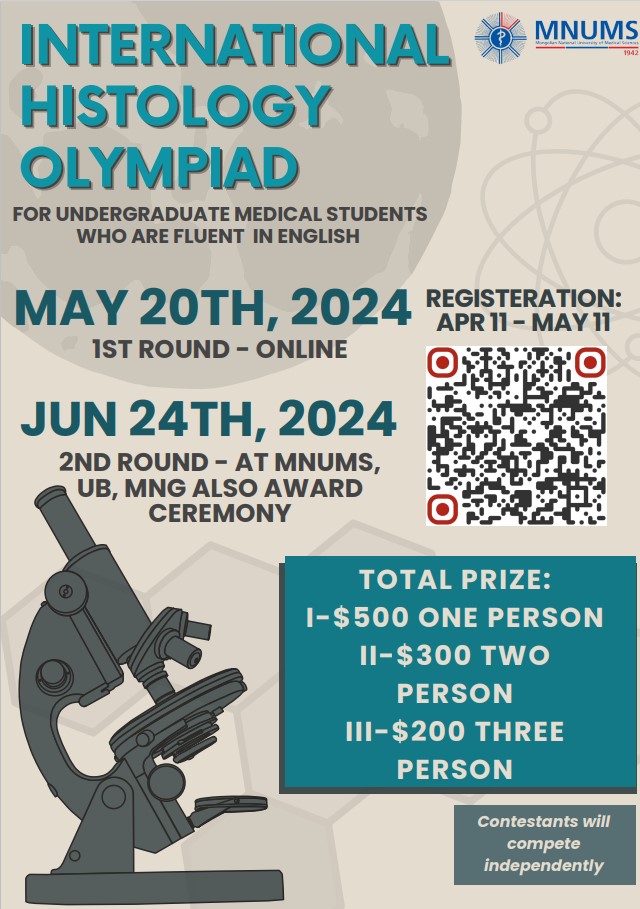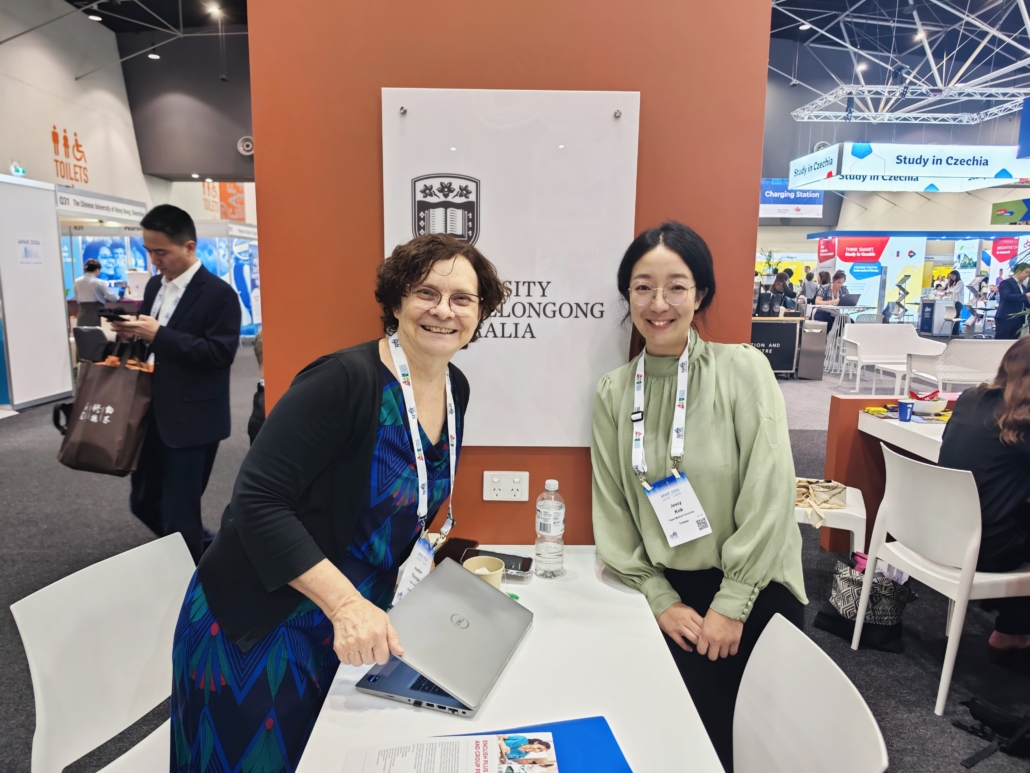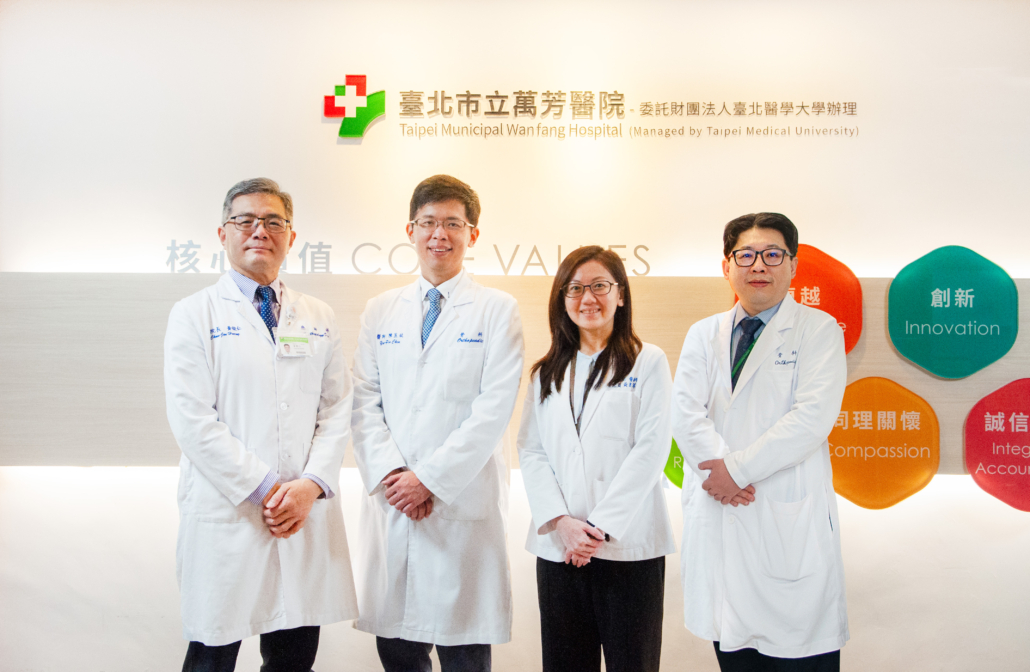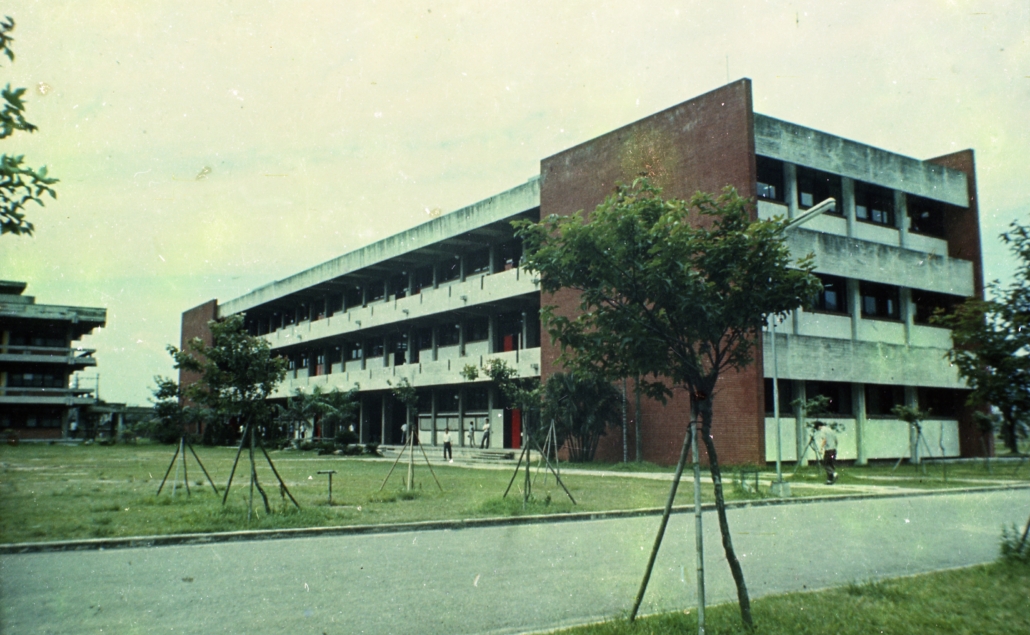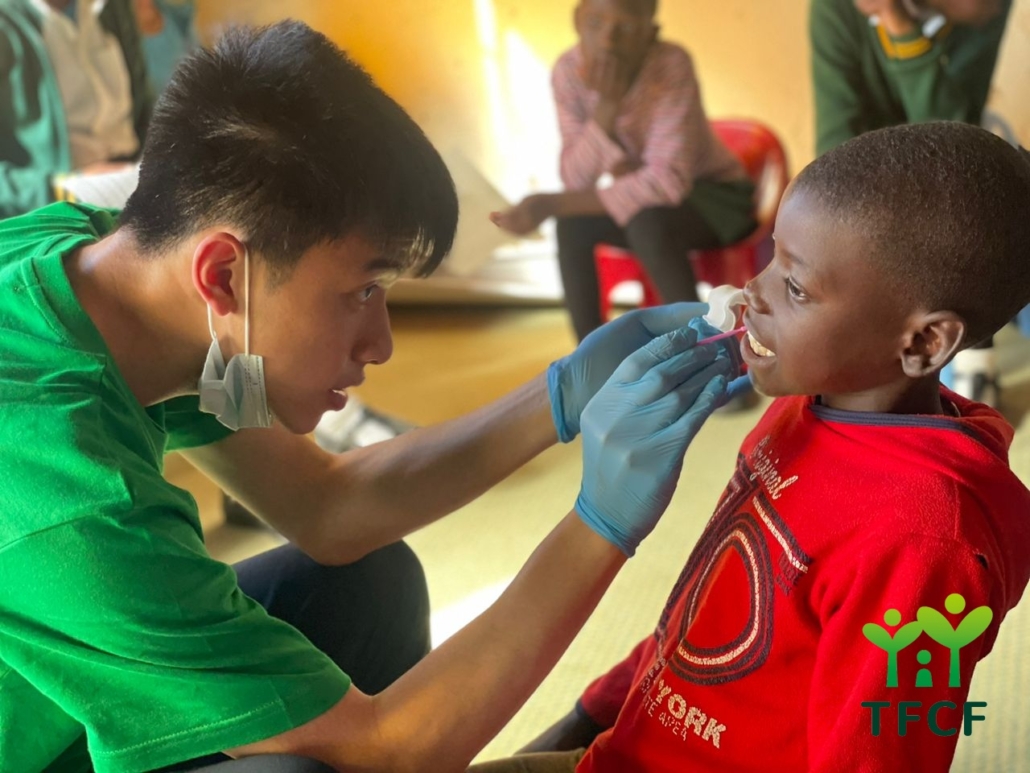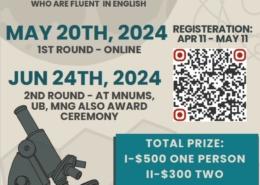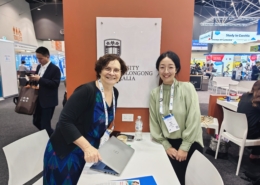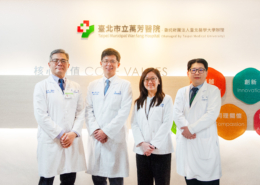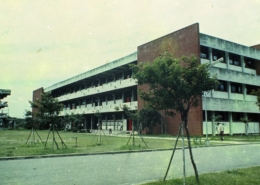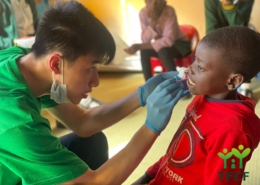Kelvin Tsai team receives awards from MOST, Kobayashi Foundation
Source: College of Medicine
Published on 2018-12-17
Recent years have seen several translational cancer research awards for the team of Associate Professor Kelvin Tsai in the College of Medicine’s Graduate Institute of Clinical Medicine.
Tsai is an attending gastroenterologist at Taipei Municapl Wanfang Hospital who in 2017 received the Dr. Dong Da-Cheng cancer research award. More recently, he received the 2018 Asian cancer research award from Japan’s Kobayashi Foundation, and this past spring he received a Ministry of Science and Technology award for research on chemotherapy-induced inflammatory stromal epithelial signal transduction and its treatment implications.
Tsai’s research team includes members from the Graduate Institute of Clinical Medicine, Wanfang Hospital’s gastroenterology department and the National Institutes of Health. Its work integrates genomics, tissue engineering and molecular biology to explore roles played by tumor stroma in cancer progression, tumor cell stemness and treatment response.
Dr. Tsai also collaborates with the University of California-San Francisco in a team that discovered a protein critical to solid tumors of the pancreas, prostate, breast and liver. This protein regulates the Wnt pathway and determines the activity, stemness and metastatic properties of cancer cells. This discovery is a pioneering academic achievement offering great potential for clinical applications.

Associate Professor Kelvin Tsai
Dr. Tsai also studies chemotherapies’ effects on tumor stroma and this tissue’s role in exacerbation of cancer and treatment failure. The research team found that chemotherapy can unexpectedly induce and facilitate tumor-related functions in tumor stroma cells. Yet if chemotherapy is given at low dosages over longer terms in “rhythmic” treatment amounting to the same total dosage, the stroma fiber cells in tumors will not be activated to promote angiogenesis (blood vessel development) or growth of cancerous stem cells, thus improving these chemotherapies’ effectiveness. His elucidation of the molecular mechanism causing this phenomenon offers new approaches for treating cancer patients.
As average human lifespans grow longer, cancer and neurodegenerative diseases become greater threats. Cancer causes in Taiwan also are changing to more closely resemble patterns observed in Western countries.
Yet researchers like Dr. Tsai are finding new weapons to counter these threats. Cancer treatments have changed radically with genomic “big data” and AI analysis for personalized diagnoses. Biological agents and immunotherapies also have entered the mainstream.
Along with gene and cell therapies, these new approaches are bringing cancer researchers and clinicians closer together. The time lags between research results and applications have been reduced, and non-laboratory research is expanding. As the TMU Healthcare System’s reputation grows, Dr. Tsai is helping to cultivate more physician scientists to contribute to the university’s translational research.
About Kelvin Tsai |
| Associate Professor Kelvin Tsai is a physician and scientist who studied clinical medicine and research skills at TMU, Harvard University and the University of California-San Francisco. His clinical and scientific observations have helped him to select rewarding research approaches that are likely to yield usable research results. |

